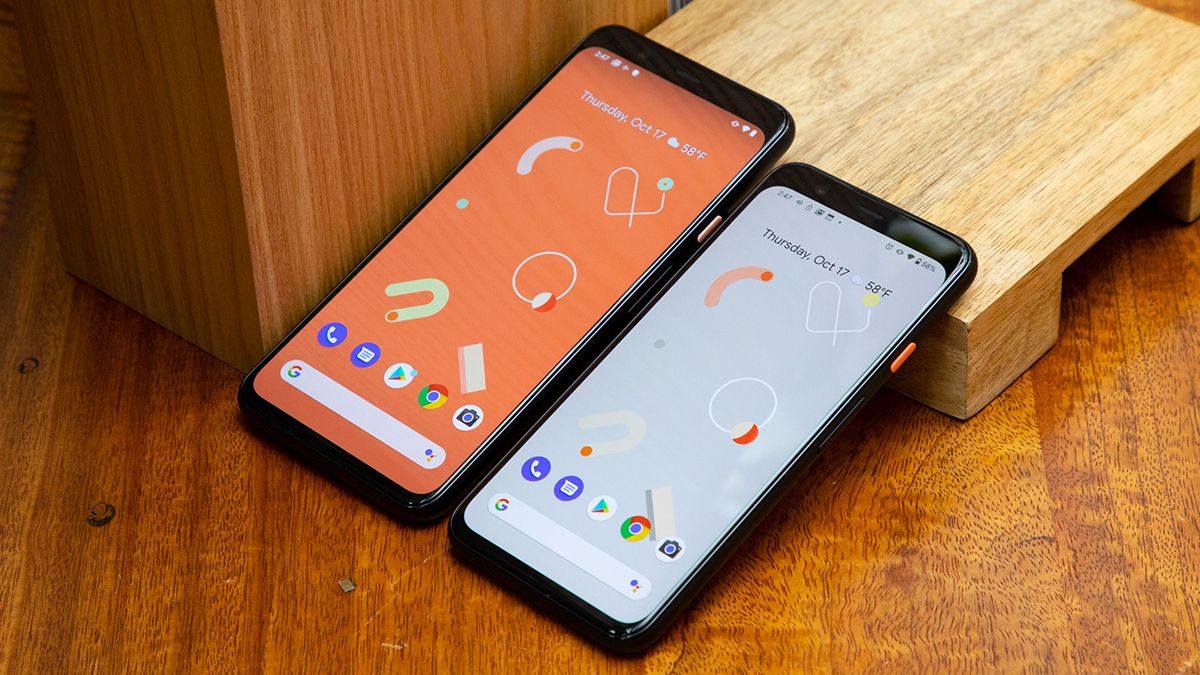
Over the last five years, Google has consistently released early Developer Preview versions of its upcoming Android mobile operating system in order to iron out bugs and get feedback. While the majority have landed around mid-March, this year we’re seemingly getting treated to Android 11’s preview early, with a first release now available for download.
It’s worth noting that this early version of Android 11 can only be installed on Google Pixel handsets (excluding the first generation of devices), and that it’s officially “for developers only”, according to a blog post from the tech giant. The Developer Preview releases are “not suitable for daily use by early adopters or consumers, so [Google is] making them available by manual download and flash only”.
Features
While many Android users won’t be able to test out the next version just yet (and the current information is targeted entirely at developers), we can still learn plenty about what to expect when it does land in full some time in Q3 2020.
With the increasing amount of 5G-ready smartphones, it makes sense that apps will be able to accommodate this connection – in Android 11, apps will be able to tell if you’re using 5G, the same way they currently can with Wi-Fi, in order to adapt and enhance their performance.
The notification drop-down will be getting its own dedicated ‘conversations’ section that will show any kind of ‘real-time’ messaging notification and provide enhanced functionality, such as the ability to silence, snooze, mark as important, and more from the notification itself.
Security and privacy
One of the most immediate improvements to the security and privacy of your Android device will be the ability to give one-off permissions to an app, letting it access sensitive functions like camera, location, and microphone “only this time” rather than “while using the app”.
The option to allow location access to an app at all times – even when operating in the background – will no longer be selectable from within the app. This will prevent dodgy apps from tricking users into granting such permission while they’re in the app.
Naturally, there are plenty of other smaller changes that beef up security, as well as tweaks that aim to increase the quality of life for Android users, including further polish on existing elements and support for new display types, codecs and formats.
According to Google’s roadmap, the final release of Android 11 should be arriving in Q3 of 2020, with three Developer Previews and Beta releases landing monthly between February and July.